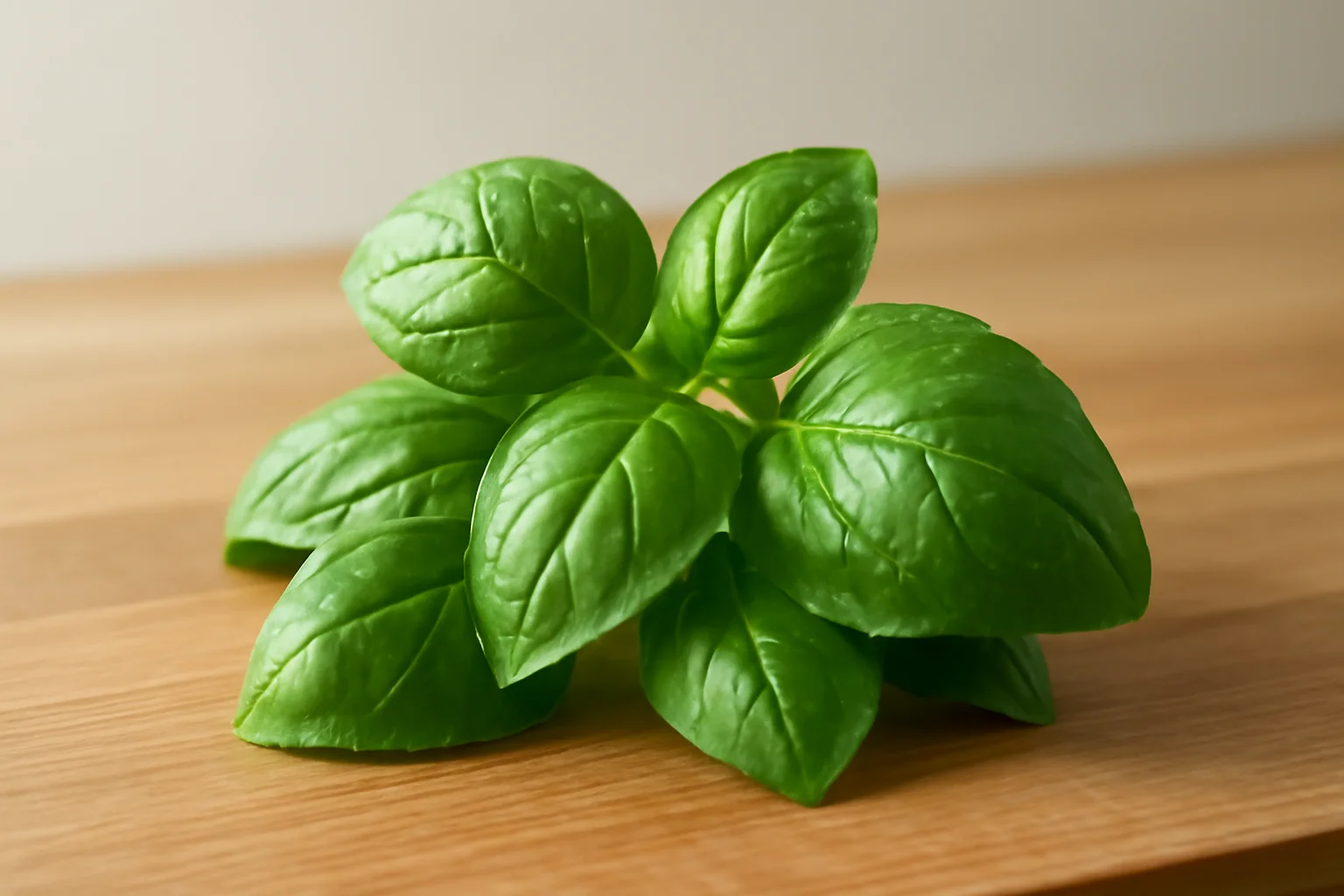
The Beneficial Effects of Parsley on Our Health
The leaf parsley (Petroselinum crispum) is not only a delicious herb but also an extremely valuable plant that has numerous beneficial effects on our health. Originating from the Mediterranean region, parsley has been used in both cooking and medicine for centuries. Leaf parsley is rich in vitamins, minerals, and antioxidants, which contribute to the proper functioning of the body.
In addition to flavoring our dishes, parsley offers several health benefits. Its antioxidant content can help neutralize free radicals, while its anti-inflammatory properties may contribute to the prevention of inflammatory diseases. Due to its effects on supporting digestive system function, it is worth incorporating into our diet. Leaf parsley serves not only as a garnish in the kitchen but is also a versatile superfood that is gaining more importance in modern nutrition.
In the following sections, we will take a detailed look at the health benefits of leaf parsley and why it is worth consuming this nutritious plant regularly.
The Nutritional Content of Leaf Parsley
The nutritional content of leaf parsley is impressive, as it serves as a significant source of vitamins and minerals even in small amounts. Thanks to its outstanding vitamin C content, it strengthens the immune system, helps maintain skin health, and contributes to collagen production. Additionally, leaf parsley contains vitamin A, which plays an important role in vision and cell regeneration.
Among minerals, parsley is rich in iron, calcium, potassium, and magnesium. Iron is essential for the formation of red blood cells, while calcium is important for maintaining the health of bones and teeth. Potassium helps regulate blood pressure, while magnesium contributes to the proper functioning of the nervous system and muscles.
The antioxidant content of leaf parsley is also noteworthy. Flavonoids and carotenoids contribute to neutralizing free radicals, thereby protecting cells from damage. Furthermore, the essential oils found in parsley leaves have anti-inflammatory effects, which may help reduce inflammatory processes in the body.
These nutrients collectively support the proper functioning of the body and contribute to long-term health maintenance. Therefore, it is advisable to consume leaf parsley regularly in various forms, such as in salads, sauces, or even smoothies.
Improving Digestion with Leaf Parsley
The digestion-supporting effects of leaf parsley have been known for a long time. The fibers found in the plant aid bowel movements, thus contributing to the maintenance of a healthy digestive system. Consuming fiber helps prevent constipation and can also support the balance of gut flora.
Additionally, the essential oils in parsley, such as myristicin and apigenin, contribute to stomach function. These substances stimulate the production of gastric acid, improving the breakdown of food and the absorption of nutrients. Therefore, consuming leaf parsley can help alleviate digestive disorders such as bloating or stomach pain.
The diuretic effect of parsley also positively impacts digestion. It helps remove excess fluid from the body, thereby reducing bloating and abdominal discomfort. Regular consumption of parsley may also contribute to the liver’s detoxification processes, thus facilitating the elimination of waste products from the body.
Leaf parsley is therefore not only a tasty herb but also an extremely useful ally in overcoming digestive problems. It is worth incorporating it into our daily diet, whether fresh or dried, to take advantage of its beneficial effects.
The Anti-Inflammatory Effects of Leaf Parsley
The anti-inflammatory properties of leaf parsley are also remarkable. Thanks to the antioxidants and essential oils found in the plant, it may contribute to reducing inflammation in the body. Chronic inflammation can be behind numerous diseases, such as cardiovascular problems, diabetes, and certain cancers.
The flavonoids found in leaf parsley, such as luteolin and kaempferol, have strong anti-inflammatory effects. These substances may help reduce the production of inflammatory mediators, thereby alleviating inflammatory processes in the body.
Moreover, parsley improves blood circulation, which also contributes to reducing inflammation. Good blood supply helps deliver nutrients more quickly and efficiently to cells, as well as remove waste products.
Additionally, the use of leaf parsley is widespread in traditional medicine. It is often used to treat various inflammatory conditions such as arthritis, skin inflammation, or even respiratory inflammation. Parsley can help reduce inflammation and promote healing when consumed as tea or fresh leaves.
Thus, leaf parsley plays a significant role not only in the kitchen but also in anti-inflammatory efforts. It is worthwhile to incorporate it into our diet to enjoy its beneficial effects and support our health.
How to Use Leaf Parsley in the Kitchen?
Leaf parsley is an incredibly versatile herb that can be used in many different forms in the kitchen. It is available fresh, dried, and even frozen, allowing us to enjoy its beneficial effects throughout the year.
When using fresh leaf parsley, it is advisable to wash the leaves thoroughly and then chop them finely. Adding it to salads, soups, sauces, and side dishes can not only enhance flavor but also add color to our meals. Additionally, fresh parsley can serve as a wonderful garnish, beautifying our table.
In dried form, leaf parsley is also a popular choice. Adding it to dishes such as stews, risottos, or fillings can enhance the flavors. Dried parsley is typically added to the dish midway through the cooking process to ensure its flavor is well integrated.
Frozen leaf parsley is an excellent option if we want to preserve the taste and nutrient content of the fresh herb for a longer time. Simply blanch the leaves, then freeze them in a resealable bag or container. This way, we can easily use parsley whenever needed.
Leaf parsley can therefore be used in numerous ways in the kitchen, and it is worth applying it creatively in different dishes. By adding just a few leaves, we can make our meals tastier and more nutritious.
Leaf parsley, with its rich nutrient content and beneficial effects, plays a prominent role in healthy eating. It is advisable to incorporate it regularly into our diet to take advantage of its beneficial effects.
**Warning:** This article does not constitute medical advice. For health issues, everyone should follow their doctor’s advice.

